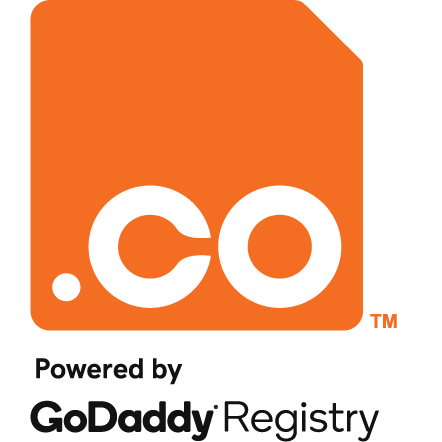Navigating office jargon can be tough, and can be even more difficult to communicate for remote workers. This is especially true in the emerging and ever-evolving world of tech, where coding and new concepts create a sort of second language.
It takes resources, time, and confidence to reach fluency in a new language – but what if you could hack the process? Language Hack is an education startup founded by Kyra Sage in 2018 with just that in mind: to equip internationally-relocated professionals with the tools to speak English fluently.
“Language Hack was created to empower non-native English speakers in tech by coaching them to achieve English fluency for professional development.” Sage says of her business.
Language Hack was born as “Kyra’s English Lessons” in 2013, when Sage was living in Osaka, Japan. Sage lived, studied and worked as an American expat in a number of Asian and European countries, learning firsthand that navigating life in a different language could come with culture shock and frustrations. From that project came Lifestyle Language, and finally Language Hack.
“I wanted to make learning English quick, simple, and useful for expats using Language Hack. I lived in France and Japan for some time in college and knew the struggles that came with not knowing a language.” Sage told Made Her Story. “I wanted to show them how to make it in a new country and have job satisfaction, a social circle, and exploration of the wonderful Bay Area we’re in – it can be lonely without it. I want them to embrace the experience of living in a different country, just as I did.”
Sage officially founded Language Hack in 2018 after earning a Master of Teaching (specializing in teaching English to Speakers of Other Languages (TESOL).
“My moment of clarity clicked after being rejected from a company that had told me ‘we’re writing your offer letter’ weeks earlier,” remembers Sage. The rejection was an obstacle, but following that experience, she grew her startup in a corner of her in-laws garage, building an online following that grew from 600 to 4,000 in just six months.
Sage has advice for any entrepreneur in the face of a failure or challenge like hers: “Here are some tidbits that I would have liked to hear: There’s no better time than the present. Small changes now can add up to big moves in the future. Begin crafting your voice as soon as possible.”
And Sage has been developing her voice. In addition to gaining higher education, education certifications, clients at Silicon Valley tech giants and an online following of 10K+, Sage has fluency in English, French, Japanese and Spanish, with additional knowledge of Mandarin, Korean and Portuguese.
This has been valuable experience to draw from as she’s worked with relocated professionals from eight different countries, helping to not only learn English, but acting in Silicon Valley and the Bay Area, as something of a local guide, helping clients navigate a new lifestyle that includes a mindset practice, in addition to professional development and fluency building.
Building new habits, adopting a mindset practice and learning to build up fluency – those lessons just might be ones that translate into how to build a company, as well. Sage gives one last piece of advice for budding entrepreneurs:
“For anyone looking to start up a company, just remember to slay your inner perfectionist… My advice to any perfectionist is to think of ‘living drafts.’ We can always go back to make tweaks to our packages, brand colors, etc. Never stop your momentum for the illusion of making it perfect… Business is all about experimentation – testing which Instagram hashtags generated the most interactions, which combination of words makes the best copy for a sales page, for example. It’s tough to remember that when you’re caught up in the beginning stages.”
Her proudest moment this far was after she rebranded from Lifestyle Language to Language Hack. “It made me realize that as we grow as entrepreneurs, our businesses grow with us,” says Sage. “I feel so confident now that my brand is aligned with my language acquisition ideology.”





